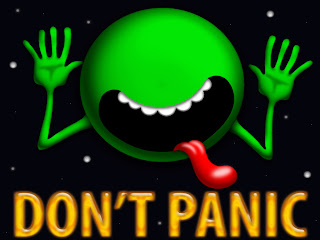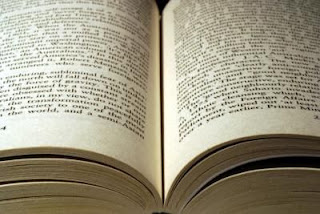 This has always seemed like the most crazy advice in the
world to me. Write what you know. Did J K Rowling experience Hogwarts? Did
Suzanne Collins get chucked into an arena to fight to the death? Did
Shakespeare commit suicide after seeing his love die?
This has always seemed like the most crazy advice in the
world to me. Write what you know. Did J K Rowling experience Hogwarts? Did
Suzanne Collins get chucked into an arena to fight to the death? Did
Shakespeare commit suicide after seeing his love die?
No. Of course not. So my advice is this: write what you don’t know. Write about fairies,
torture, war, dragons, alternate dimensions and true love. Write about fires,
floods, frangipanis and frogs. Because in the end, people don’t want to know
about your life. People read books so that they can experience something
amazing. And more often than not, life doesn’t involve the stuff that happens
in books.
But the “write what you know” oxymoron does have some worth.
It does. But it has worth in a different context than what many people think.
It’s not about places or events or beings – it’s about emotions and feelings.
Everyone, at some point in their life, has felt angry. Everyone has been sad.
The Dementors in Harry Potter signify depression.
If you didn’t write what you knew, people wouldn’t read your
books. There would be nothing for them to relate to. If you feel like a book is
NOTHING like you (for me, that’s Romeo and Juliet) you’ll put it down or you’ll
probably hate it.
Write what you know. You know a lot more than you think you
do. You know about sadness, about envy, rage, love and happiness. You know what
a sunset looks like. You know what a winter’s day feels like.
Use that. If you’re writing fantasy, if you’re writing about
aliens, use it. Use your experiences and your emotions to create something new.
If you’re the most boring person in the world, use that. If
you have the same routine every day, use that. If you live in Australia, use
that.
Use everything you have. Write what you know.






